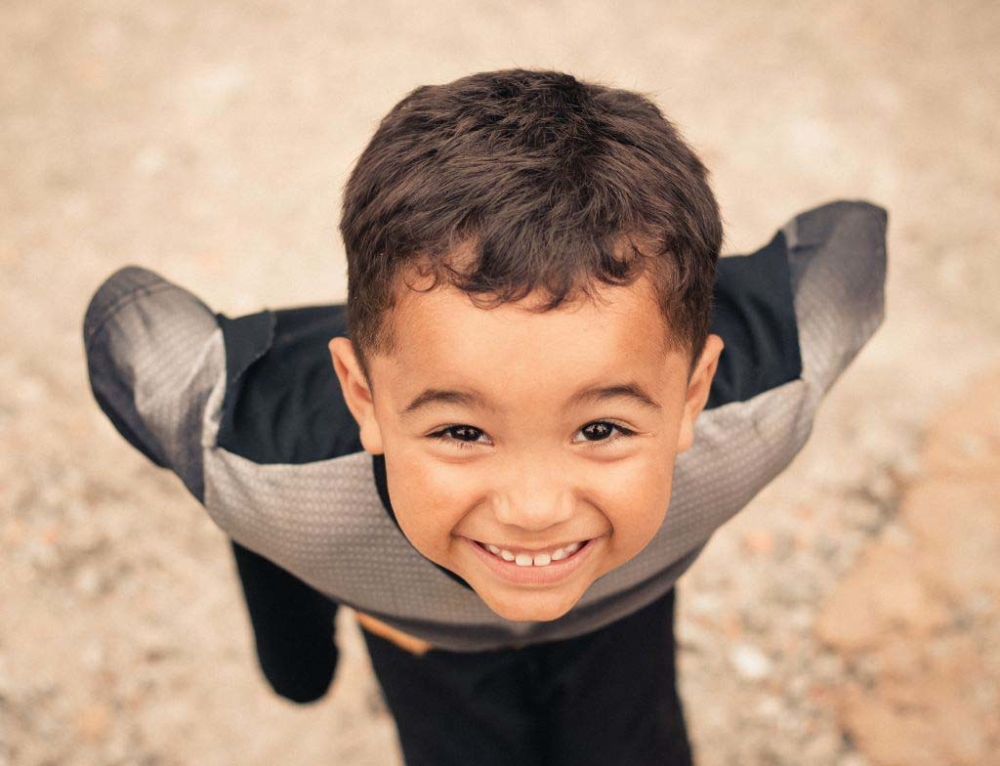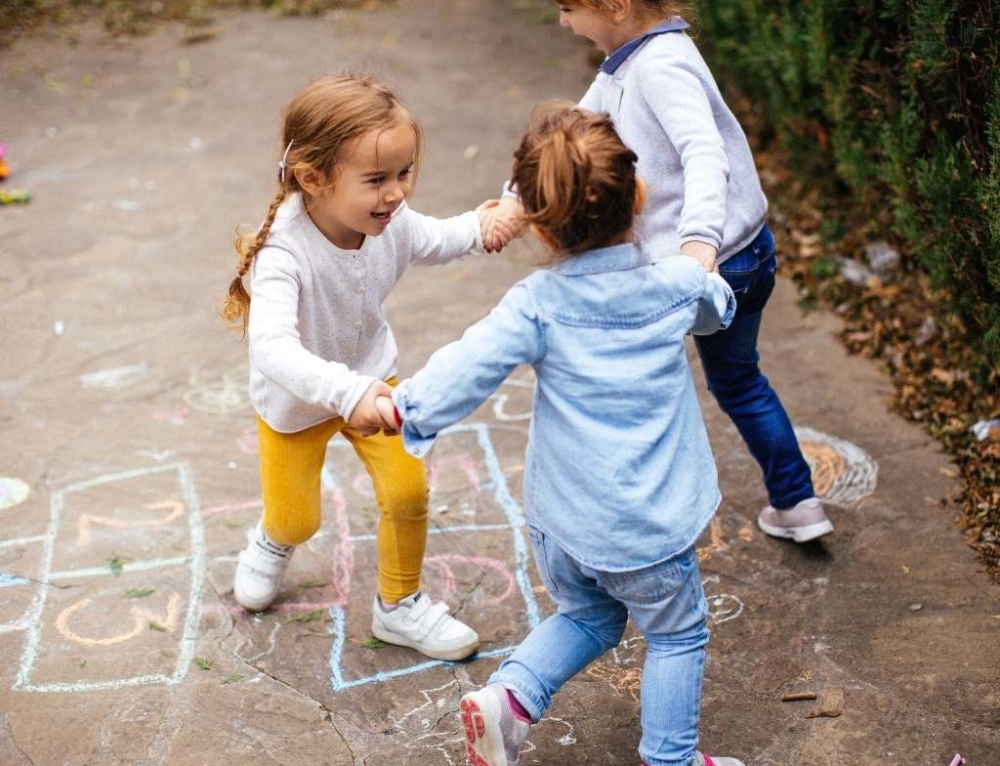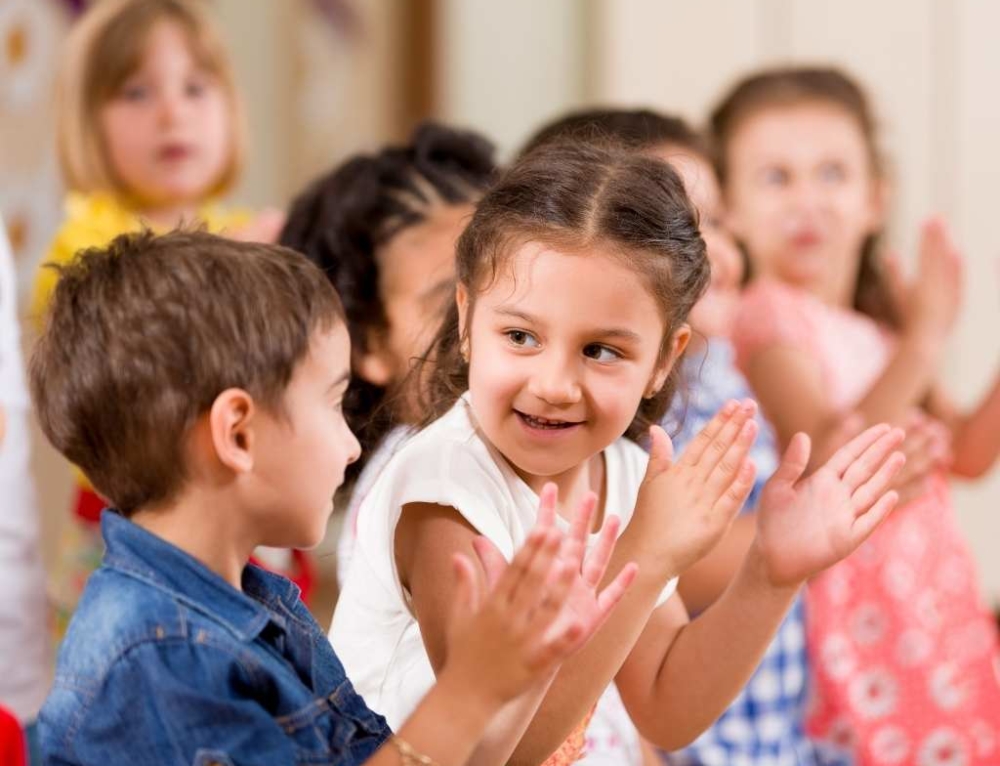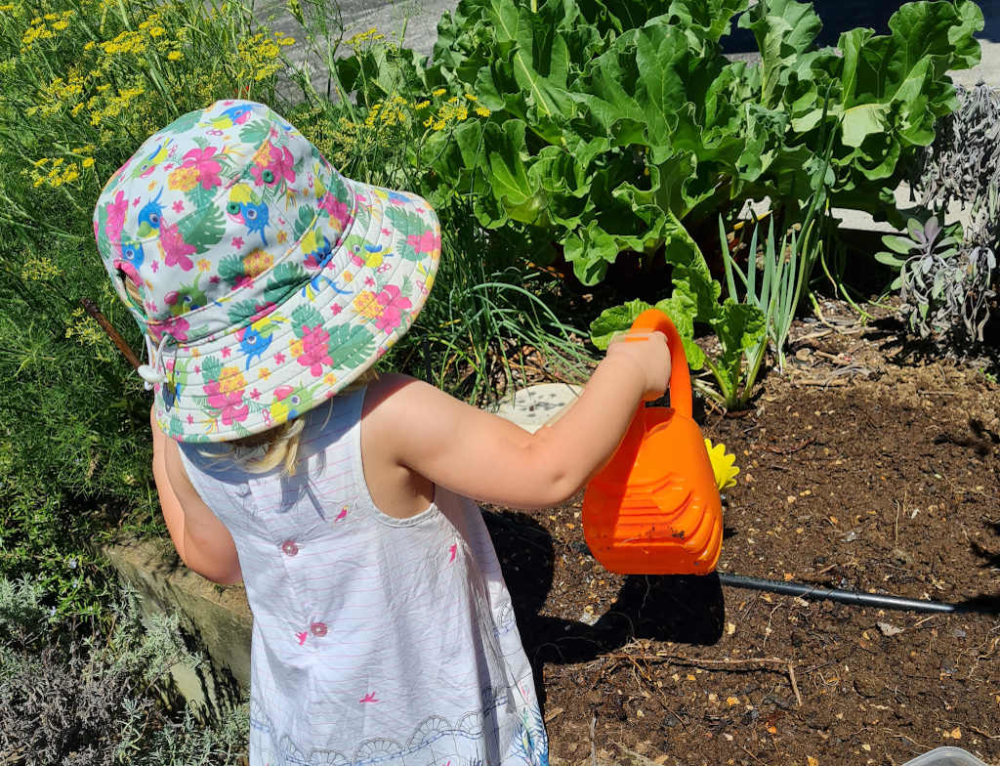As a parent, you know about the importance of physical health and probably take your baby to the doctor or clinic for all the right check-ups and immunisations. Your child’s development is just as vital to their wellbeing. As a parent, you are in the best position to observe your child’s physical, social, cognitive and emotional growth.
All children go through developmental “stages” – typical and predictable changes in the following four areas:
1. Cognitive: how kids think and learn
This is the ability to learn and solve problems. For a two-month-old baby, this might be understanding their own environment with hands or eyes, while for a seven-year-old it could be learning how to do multiplication or subtraction.
2. Social and emotional development: how they react to themselves and others
This is the child’s ability to interact with others, including helping themselves and self-control. For example, learning to smile as a six-week-old baby is considered a social development milestone while for a 10-year-old boy, a social and emotional milestone might be leading and organising a game at school.
3. Speech and language development: talking, reading and communicating
This is the child’s ability to both understand and use language. For example, this includes a 12-month-old baby saying his first words, a two-year-old naming parts of her body, or a five-year-old learning to say “feet” instead of “foots”.
4. Physical development: fine motor and gross motor skills
Physical development is often broken into two distinct sections. Fine motor skills are the child’s ability to use small muscles, specifically their hands and fingers, to pick up small objects, hold a spoon or use a pencil to draw. Gross motor development is about bigger things like crawling, walking, running and hopping.
The stages build upon one another, and children progress through them at their own pace. As parents, we all want our children to succeed and be the best they can be. We know from research that two factors influence how your child succeeds and grows: genes and the environment they are nurtured in.
Genes are the genetic material we pass onto our children. Children are born with their genes in place. These genes are the blueprint for what characteristics a child may have. For example, genes determine if a child will have blonde hair or brown hair; they also determine if he will be left- or right-handed.
The other factor influencing our child’s development is their environment: what happens at home, childcare, school and the people around them. All parents have the power to manipulate their child’s environment to engage and stimulate their development.
Here’s the fun part. You don’t really have to try that hard to make your child’s environment perfect to help them grow and develop. It’s one of the best-kept secrets of parenting that having fun with your child is the best and most optimal way to aid their physical and emotional growth.
Meeting development milestones
Developmental achievements are called ‘milestones’. Growth and development milestones are a useful guide but nothing more – they don’t mean much beyond offering some kind of age range or guide to ‘what’s normal’.
Developmental progress can be delayed for all kinds of reasons. Premature birth and illness are two things that might cause temporary delays. Some disabilities can cause permanent delay. A child’s development can also suffer because of her environment.
All babies develop in the same order but at completely different rates. One seven-month-old might be crawling around and chattering madly; another might be playing silently on his playmat.
How parents can boost their child’s development
We often think we need to run out and buy special toys, music and games to stimulate our child’s development, but we have to remind ourselves that it is more important to provide the following, every-day activities you can do with your child to encourage brain development.
- Give your child lots of love and attention. No matter what a child’s age, talking to them, hugging them, and listening are important ways to show your child they matter.
- Interact with your child by talking, singing, playing, eating, and reading with your child.
- Read, read, read. Research has shown that children who are read to by their parents have a larger vocabulary than other children. Reading also provides children with new perspectives about the world we live in.
- Learn some simple parenting basics to help your child to learn how to behave. Things like being consistent with rules and offering rewards for good behaviour will work wonders.
- Find fun doing everyday tasks together – the way you engage with your child while doing the groceries or hanging out the laundry can actually boost their developmental growth. For example, getting your child to count the pegs while she helps you hang out the clothes is a very different learning experience than leaving her inside watching TV while you get on with the chores.
- Cooking and eating together not only improves the family bond but also introduces great rhythms and routines to daily life. Food and nutrition experts say enjoying meal preparation and dinners as a family can set up your child for a life-long habit of healthy eating. Conversely, malnutrition is one of the leading causes of developmental delays in children living in poorer countries.







Leave A Comment
You must be logged in to post a comment.